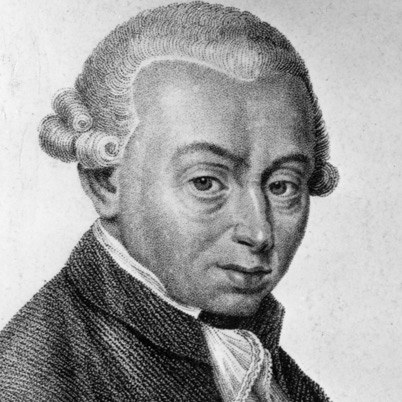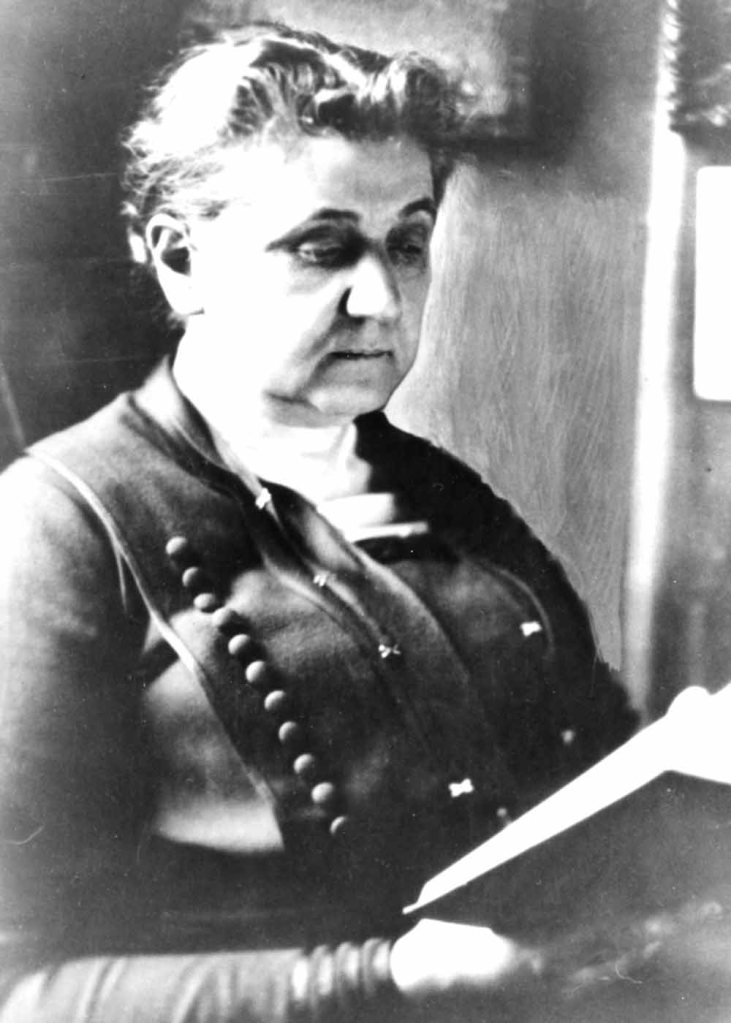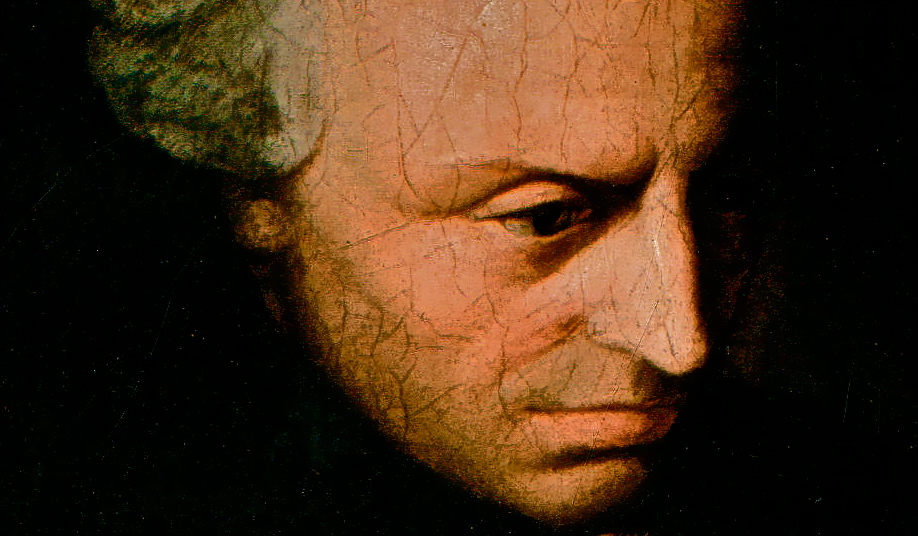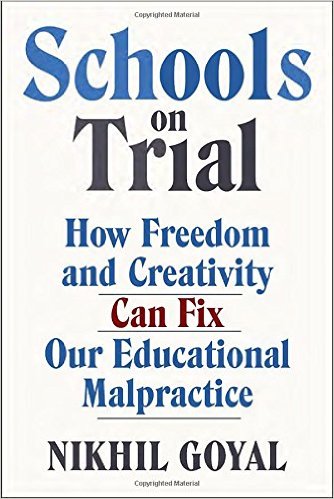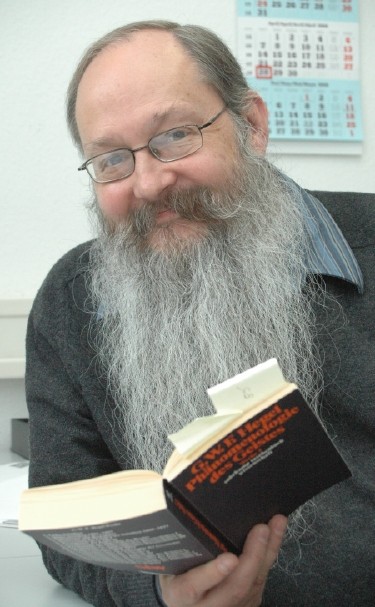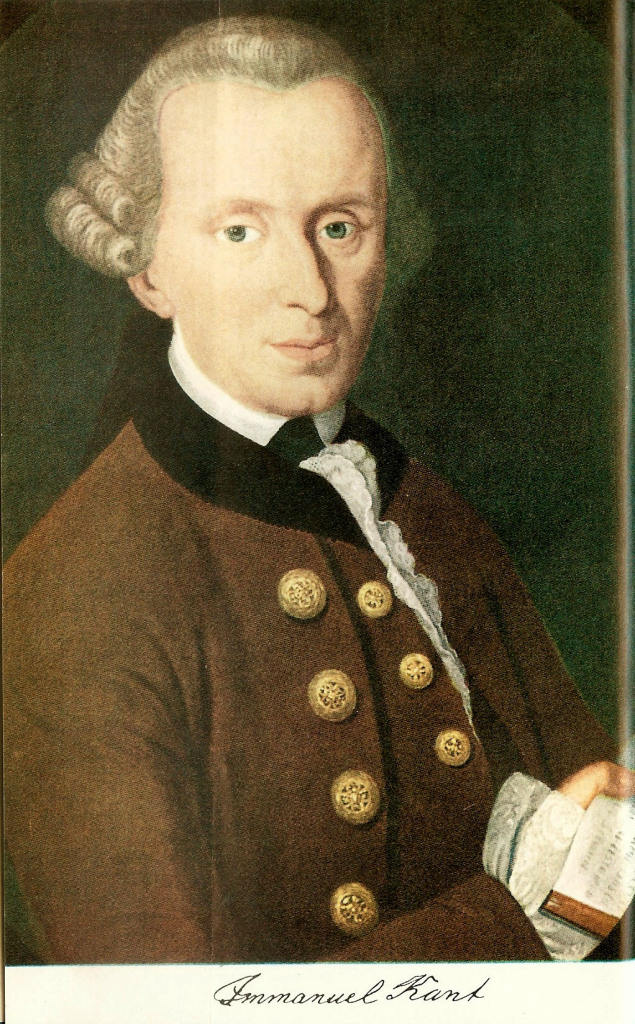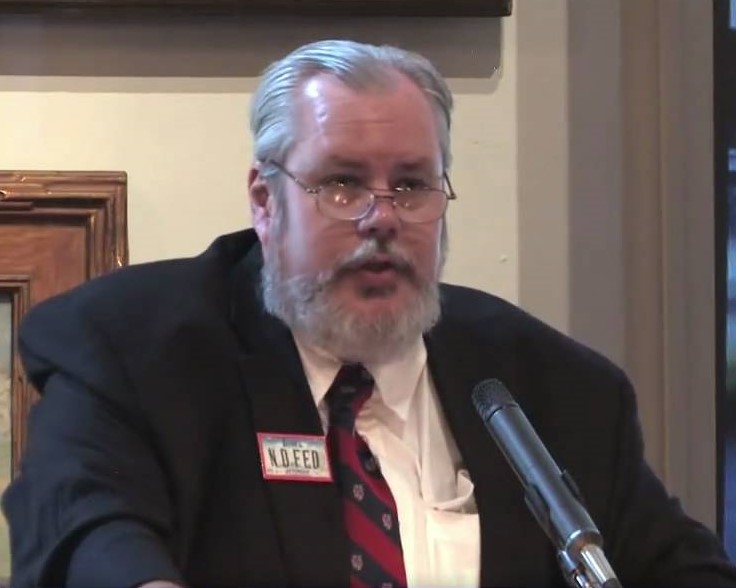Kant and Liberalism: Nine Perspectives
Immanuel Kant died on February 12 in 1804. In preparation for that anniversary, here are links to nine liberal/libertarian philosophers who argue whether Kant is or is not classically liberal. Mark D. White, “Defending Kant’s Classical Liberalism.” Professor White argues that Kant’s politics gives individuals the liberty to act on the products of their deliberation […]
Kant and Liberalism: Nine Perspectives Read More »
